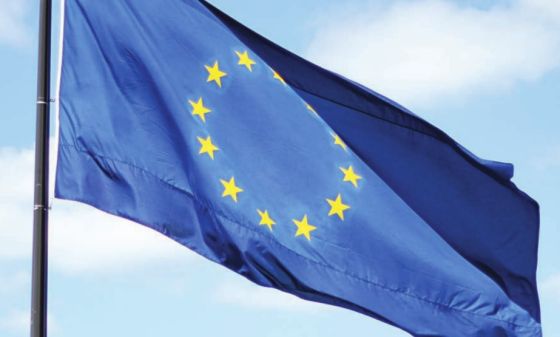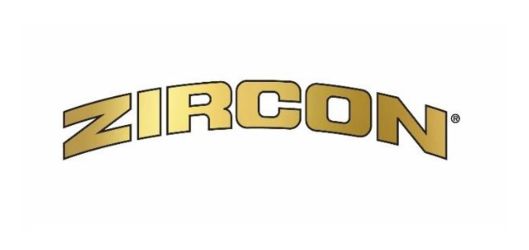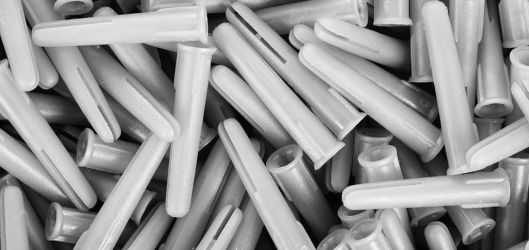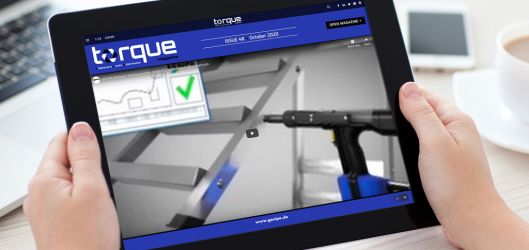
The European Commission has conflated fasteners with the steel crisis for political expediency and dismally failed to demonstrate proper accountability or consideration for the businesses involved, says the BIAFD. The result is an unacceptable administrative and cost burden on fasteners importers dedicated to servicing UK manufacturing and construction...
On 29th April the European Commission published Regulation 2016/670, requiring importers of most steel and some stainless steel fasteners
from any country outside the EU and EEA to obtain a licence before goods could enter the EU market. For the following three weeks the British & Irish Association of Fastener Distributors worked on little other than ensuring its members were not caught out by an ill-conceived EU response to political and media pressure on the steel crisis.
BIAFD maintained regular contact with the UK Import Licensing Branch (ILB), met with senior officials at the Department of Business, completely revised its agenda for its record-attendance Spring Meeting, and issued almost daily email updates to its members.
As a result member companies were ready with licences for incoming shipments way before a potential last minute panic set in. That mattered. With less than a week to go BIAFD research showed that less than 20% of 2015 importers of the affected steel and fastener products had applied for an ILB
account – raising real concerns of disruption to the UK supply chain for fasteners and steel products come 3rd June.
BIAFD also discovered, shockingly, that the Commission’s original draft regulation, which member states were given only days to study, planned to require licences from the day following its publication. Fortunately, UK and other governments prevailed on the Commission to provide 21 working days to try to get systems in place and importers ready. The UK ILB worked seven-day weeks to get things working. It already had an effective electronic licensing system in place. Many European countries had only a manual paperwork system, or if reports are to be believed, in some cases no system whatsoever.
Prior surveillance existed on steel and other products previously but never on fasteners. With consignments often including a mix of CN codes, getting
ready to apply for licence can be a real headache with the potential for additional freight agent charges.
So why disrupt legitimate importing businesses and create costly administrative burdens? The simple answer is because the EU made a complete mess of the anti dumping measures applied to steel fasteners from China in 2009, something BIAFD told the Commission from the beginning. Subsequently, on four occasions the WTO Dispute Body ruled the EU had got its procedures badly wrong. The last time China was ready to apply WTO approved retaliatory measures, panicking the EU into repealing the anti dumping measures – without even asking the manufacturers
and importers affected.
While blocking access to reputable Chinese factories the duties did suppress the flow of unreliable quality fasteners from others, which threatened to undermine the credibility of the fastener supply chain in the UK and Ireland. Now fastener importers have to gamble on the risk of new anti dumping duties in deciding whether to place orders in China.
The European Commission promised EU fastener manufacturers it would respond sympathetically to a new anti dumping complaint. However, it clearly does not want to face another defeat at the WTO and hopes prior surveillance will provide evidence of a renewed ‘flood’ of Chinese fastener imports. Read into that, says BIAFD, that a new anti dumping investigation is highly likely at some point, although exactly when, on what and where, is impossible to predict, adding further uncertainty for importers. Ironically, the current volatility of wire rod costs in China makes many fastener importers understandably wary of switching purchases in its direction so the statistics may well not give the Commission what it wants in the short term.
One of BIAFD’s primary roles is to ensure its members are the best informed in the market. Its response to the prior surveillance regulation proves its effectiveness. Within four hours of the regulation being published, BIAFD members were fully briefed and able to apply for an ILB account. BIAFD then continued to obtain clarifications on many uncertainties, including some stemming from errors in the regulation itself.
So, were you ready for import licensing earlier this month? BIAFD membership starts at £400 a year. Not much to be amongst the best informed in the market. Visit www.biafd.org or email info@biafd.org to find out all the other benefits of BIAFD membership and sign up to being better informed.



